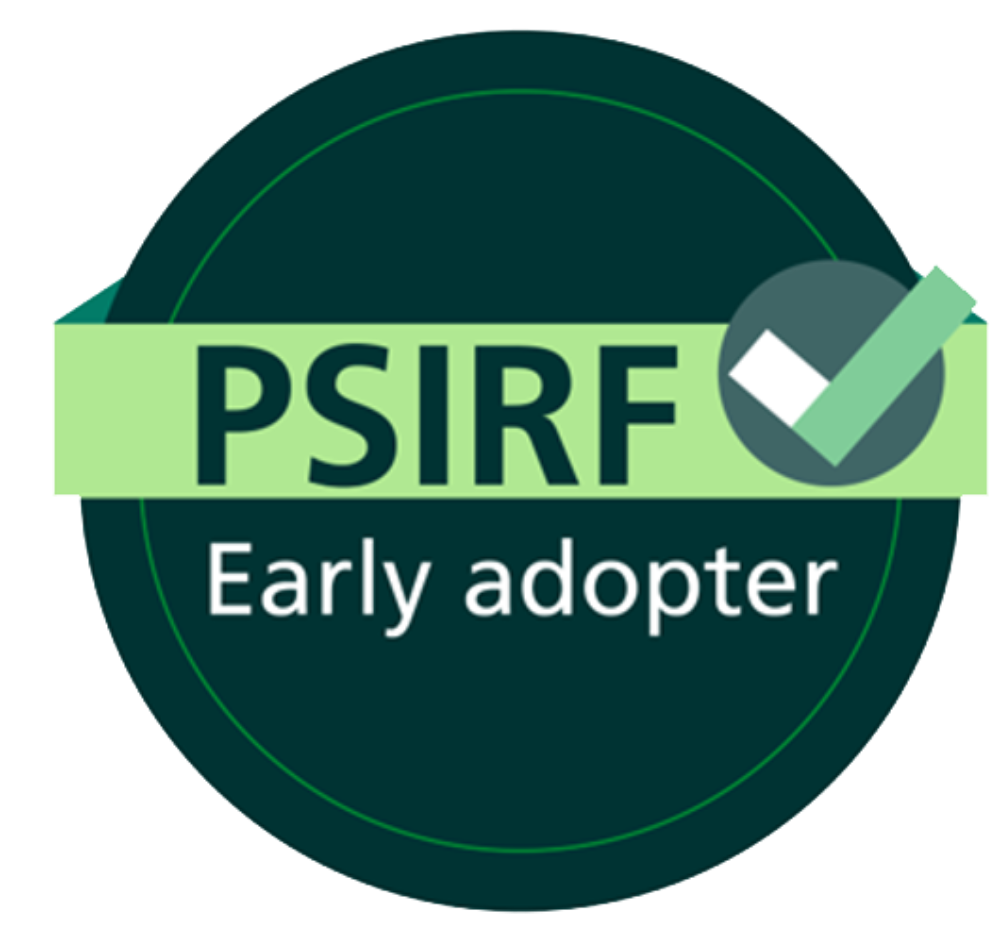We use cookies to help provide you with the best possible online experience.
By using this site, you agree that we may store and access cookies on your device. Cookie policy.
Cookie settings.
Functional Cookies
Functional Cookies are enabled by default at all times so that we can save your preferences for cookie settings and ensure site works and delivers best experience.
3rd Party Cookies
This website uses Google Analytics to collect anonymous information such as the number of visitors to the site, and the most popular pages.
Keeping this cookie enabled helps us to improve our website.
Tests and Results
How Do I Obtain Test Results?
If you are waiting for results of any blood tests or investigations, please do not call the practice, we will contact you. This may either be by telephone, text or letter. We will advise if you require a follow up appointment and arrange one for you if this is clinically required.
If you also have patient access online, you will be able to view your results on your account and the comments made by the clinicians.

Blood Tests
A blood test is when a sample of blood is taken for testing in a laboratory. Blood tests have a wide range of uses and are one of the most common types of medical test. For example, a blood test can be used to:
- assess your general state of health
- confirm the presence of a bacterial or viral infection
- see how well certain organs, such as the liver and kidneys, are functioning
A blood test usually involves the phlebotomist taking a blood sample from a blood vessel in your arm. and the usual place for a sample is the inside of the elbow or wrist, where the veins are relatively close to the surface. Blood samples from children are most commonly taken from the back of the hand. The child’s hand will be anaesthetised (numbed) with a special cream before the sample is taken.
You can find out more about blood tests, their purpose and the way they are performed on the NHS Choices website.
X-Ray
An X-ray is a widely used diagnostic test to examine the inside of the body. X-rays are a very effective way of detecting problems with bones, such as fractures. They can also often identify problems with soft tissue, such as pneumonia or breast cancer.
If you have a X-ray, you will be asked to lie on a table or stand against a surface so that the part of your body being X-rayed is between the X-ray tube and the photographic plate.
An X-ray is usually carried out by a radiographer, a healthcare professional who specialises in using imaging technology, such as X-rays and ultrasound scanners.
You can find out more about x-ray tests, how they are performed, their function and the risks by visiting the NHS Choices website.
How to book your X-ray appointment
If your GP has told you that you need an X-ray, you can book your X-ray at the time and place most convenient for you.
How do I book my appointment?
- Your GP will give you a form. To book your appointment, you can either scan the QR code with your smartphone, or use this link to be taken to our secure booking website.

- Use the booking website to select the X-ray department closest to you and the appointment slot most convenient for you.
- We will send you an email/text reminder about your chosen appointment slot the day before your appointment. You will also be able to change or cancel your booking on the booking website if you need to.
- If you want help with booking your appointment online, a friend, carer or relative can do it for you.
- If you do not have access to the internet please call 01227 864249 to book your appointment.
What will happen when I arrive for my X-ray?
To help us maintain social distancing within our waiting areas, please do not arrive for your appointment more than 10 minutes early.
Please do not bring a friend or relative into the hospital with you when attending your appointment. This is because we need to limit the number of people in clinic areas. One parent or guardian may accompany a child, and one person may accompany a vulnerable adult.
When you arrive, please wait in the designated waiting area.
Further information
More information on what to expect when you come to your appointment is available on our website by clicking here
If you have any problem booking your X-ray, please telephone us on 01227 864249.
If you need communication support, such as an interpreter, information in another language, audio, Braille, Easy Read or large print, please contact us on 01227 864249.
If you have a hearing impairment you will be able to communicate by video with an interpreter who will relay what is being said on the phone to the member of staff. You will need to download the StarLeaf app to access this service. For more information, please visit our website by clicking here

